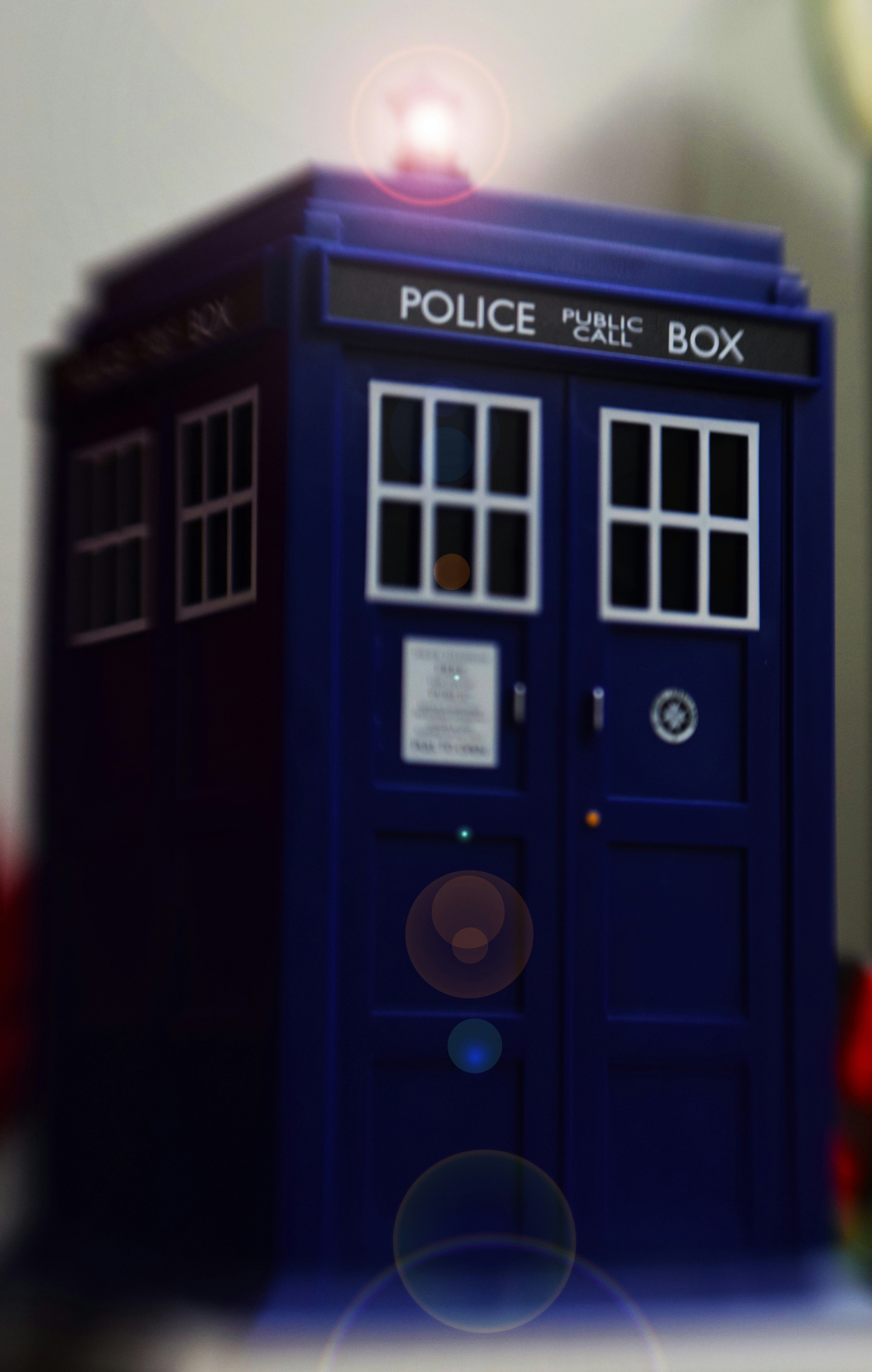
Way back in 2008, the Doctor Who Season 4 two-parter — “The Stolen Earth” and “Journey’s End” — brought together several previous companions of the Doctor, and spanned the continuities of three separate TV shows. In his 2010 memoir, then-showrunner Russell T. Davies said this super team-up was inspired by Marvel’s The Avengers. And now in 2023, Davies is the Who showrunner again, and he wants to build out the Whoniverse in a Marvel-esque way. But will it work?
The future of Doctor Who spinoffs
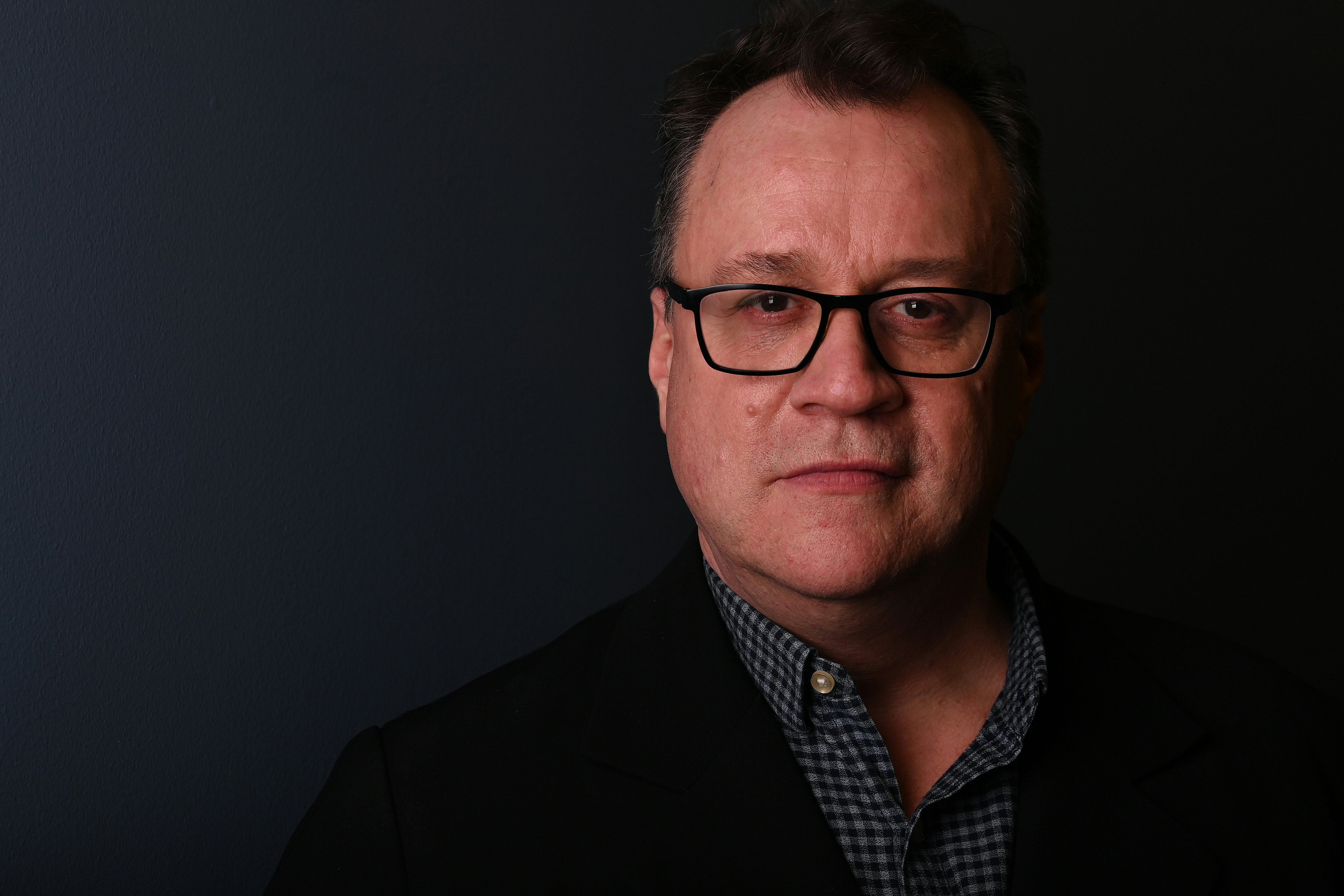
2023 and 2024 will be big years for Doctor Who. This year will see three linked specials starring David Tennant as the newly regenerated 14th Doctor, even though he previously played the 10th Doctor back from 2006 to 2010, and again in 2013. Then, in 2024, Ncuti Gatwa will step on the TARDIS as the incumbent 15th Doctor, for the next ongoing regular season of the show. Unlike previous years, all of these new Doctor Who adventures will air on Disney+ outside of the U.K., giving the venerable sci-fi show a much bigger platform than it’s ever had in 60 years.
And, perhaps the most crucial thing about all of this is that the current incumbent Doctor Who showrunner, is, once again, Russell T. Davies. Back in 2008, when he was managing two Doctor Who spinoffs — Torchwood and The Sarah Jane Adventures — the MCU wasn’t a thing. The inspiration for “Journey’s End” came from the comic book versions of The Avengers, because the films hadn’t really happened yet. But now, the landscape has changed and Davies thinks the time is right for a bunch of new Doctor Who spinoffs.
Speaking to GQ recently, Davies said: “I thought the streaming platforms are ready, the spin-offs are ready.”
So, this seems to imply that in addition to new episodes of Doctor Who streaming on Disney+ for the foreseeable future, Davies also wants to bring back at least a few Who spinoffs. But what will those look like?
The uneven history of Who spinoffs
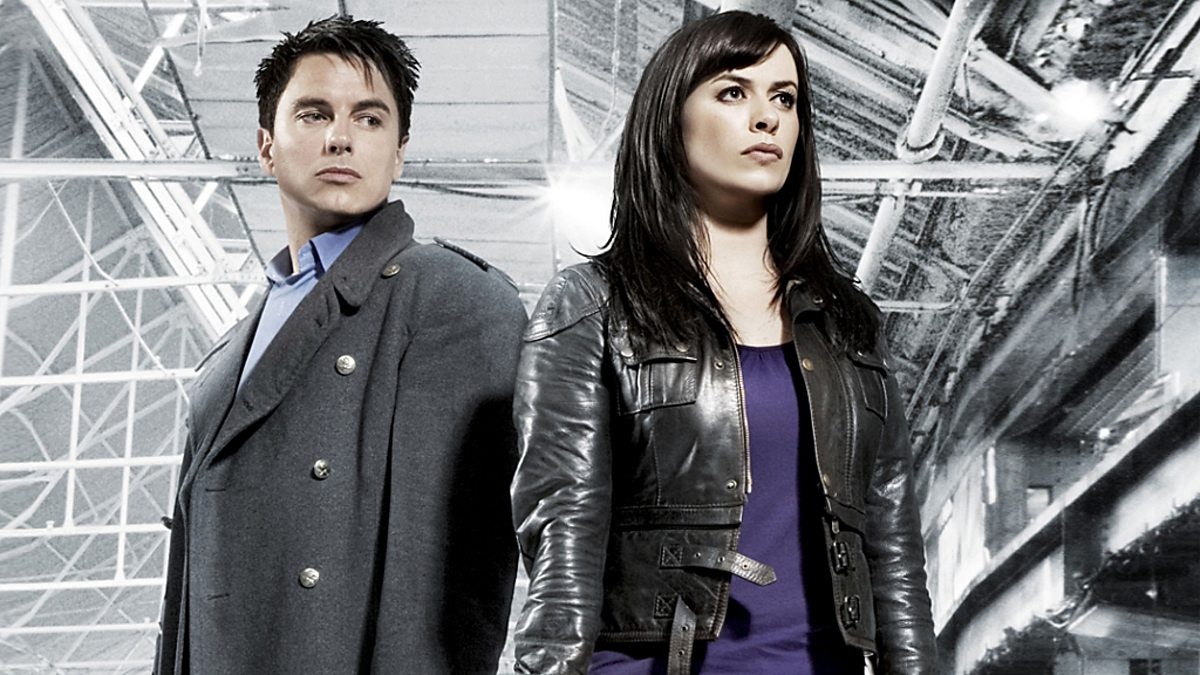
As Davies pointed out, in the aughts, he was responsible for the Who spinoffs, Torchwood (2006-2011) and The Sarah Jane Adventures (2007-2011), both of which were direct outgrowths of the David Tennant era of Who. The origin of Torchwood — a group of clandestine Earthbound alien hunters — began in Tennant’s first year as the Doctor. And The Sarah Jane Adventures — starring former 3rd and 4th Doctor companion Sarah Jane Smith (Elisabeth Sladen) — was a direct result of the character returning for the Season 2 Tennant episode “School Reunion.”
Interestingly, The Sarah Jane Adventures was the second attempt for a spinoff centered on Sarah Jane. The first was a would-be series called K-9 and Company, which would have teamed Sarah Jane with the Doctor’s robot dog, K-9. This 1981 show never made it beyond the pilot episode but did gift the world with a hilarious opening montage, featuring Sarah Jane drinking wine, jogging, and apparently, writing something on a typewriter outside. And, interestingly, Sarah Jane does have K-9 in the Tennant era still, so maybe, K-9 and Company is canon?
There’s also the strange 2009-2010 Australian-produced children’s series K-9, which, as you might guess, starred the robot dog K-9. However, this K-9 was slightly different than the normal K-9, and for weird legal reasons, direct connections to the Who canon remain muddy.
And then, of course, there’s the ill-fated 2016 spinoff Class, which occurred during the Peter Capaldi era, and even featured Capaldi as the 12th Doctor in its debut episode. This series focused on Coal Hill School and followed high school kids battling all sorts of aliens and monsters. Its season finale even revealed that the Who villains, the Weeping Angels, had been plotting behind the scenes all along. Class was created by Patrick Ness, and was canceled after one season, and we never did find out what happened with those Weeping Angels.
Of all the Who spinoffs, Torchwood probably remains the most popular and critically acclaimed, though, retrospectively, not every aspect of that sexually-charged series has aged that well. Plus, the 2011 miniseries Torchwood: Miracle Day, was, from most perspectives, a critical failure, despite the amazing amount of talent involved. (Torchwood star John Barrowman’s various controversies haven’t helped the show’s legacy either.)
Finally, despite positive early buzz for Class, that series died a quick death. No Doctor Who spinoff has managed to last. But why?
Does Doctor Who work without the Doctor?
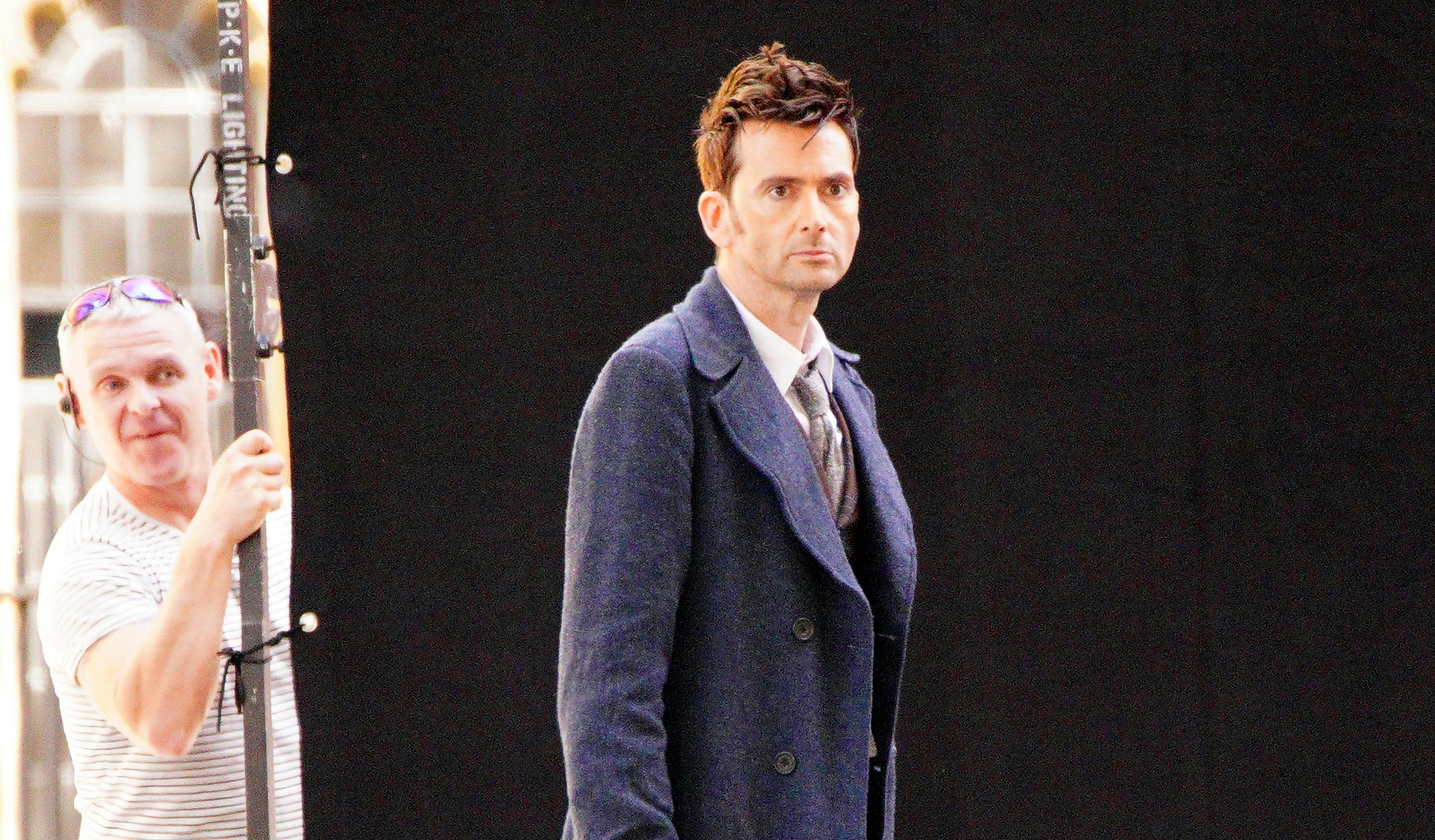
While Torchwood has its diehard fans, the fact remains that no single Who spinoff is anywhere close to being as popular or as good as Doctor Who itself. As Davies suggests in the same GQ interview, this is probably because of money. If the spinoffs aren’t well-funded and promoted, then nobody watches them, and they die, never to regenerate again. But, is there another reason? Is the Who universe coherent and interesting enough to sustain shows in which the Doctor rarely appears?
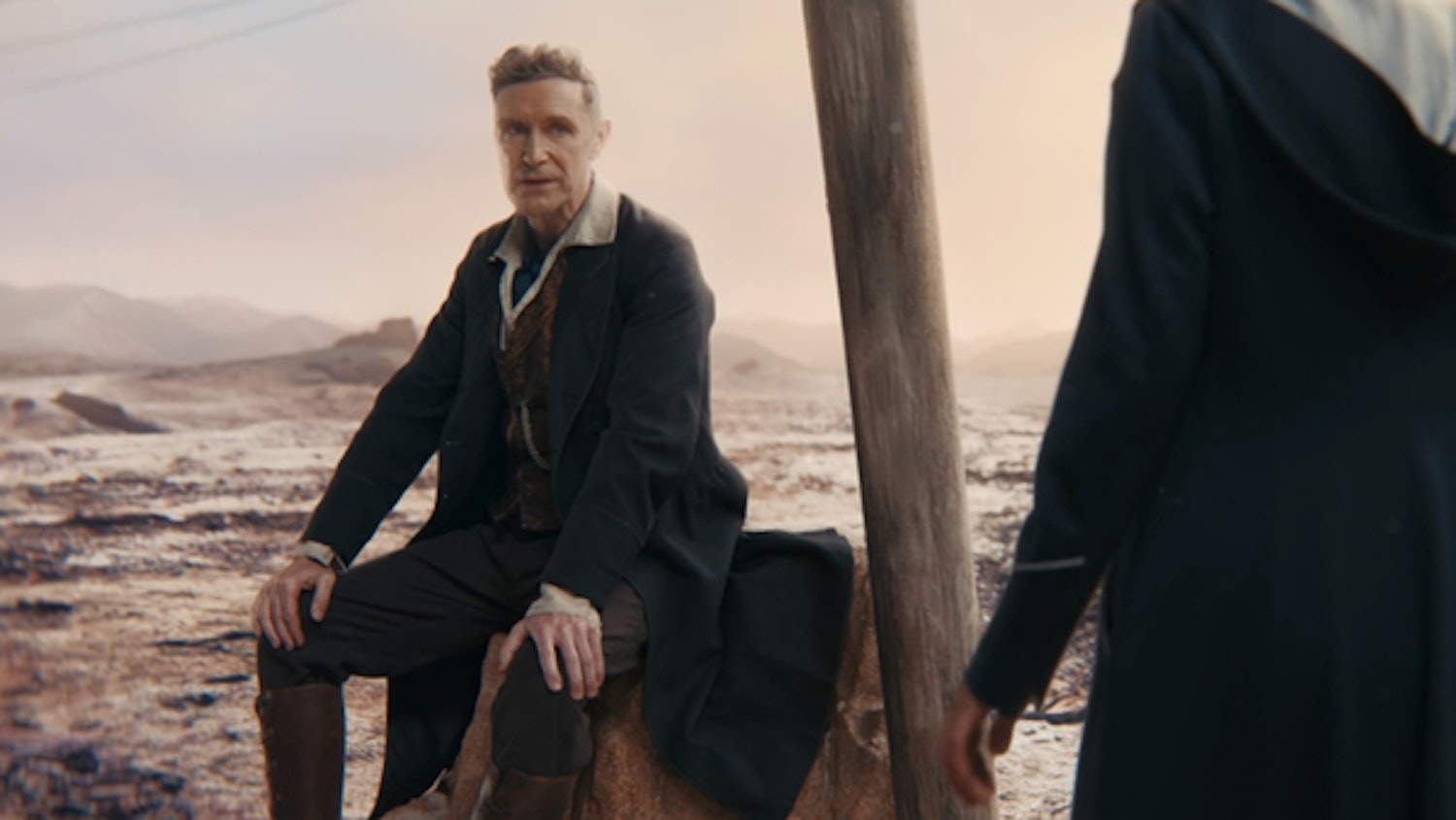
For many casual fans, the answer to this question is probably no, while diehards will point to the countless audio dramas featuring one-time companions doing their own thing without the Doctor. But, what Davies is suggesting now seems closer to a Marvel model, or, something like what the Trek franchise has done since 2020; create a variety of very different types of shows set in the same continuity. But if you don’t have the Doctor, how does that work?
Perhaps the answer is obvious: Make sure the Who spinoffs do feature the Doctor. As many fans have pointed out it would be very easy to have limited-series spinoffs about previous Doctors, in the style of Obi-Wan Kenobi. Paul McGann’s 8th Doctor is a prime example of this: A limited series set between the events of the 1996 movie and the events of the minisode “The Night of the Doctor” could be amazing. Similarly, since David Bradley has canonically taken over the role of the 1st Doctor (originally played by William Hartnell), why not give him a spinoff of retro adventures which we’ve never seen?
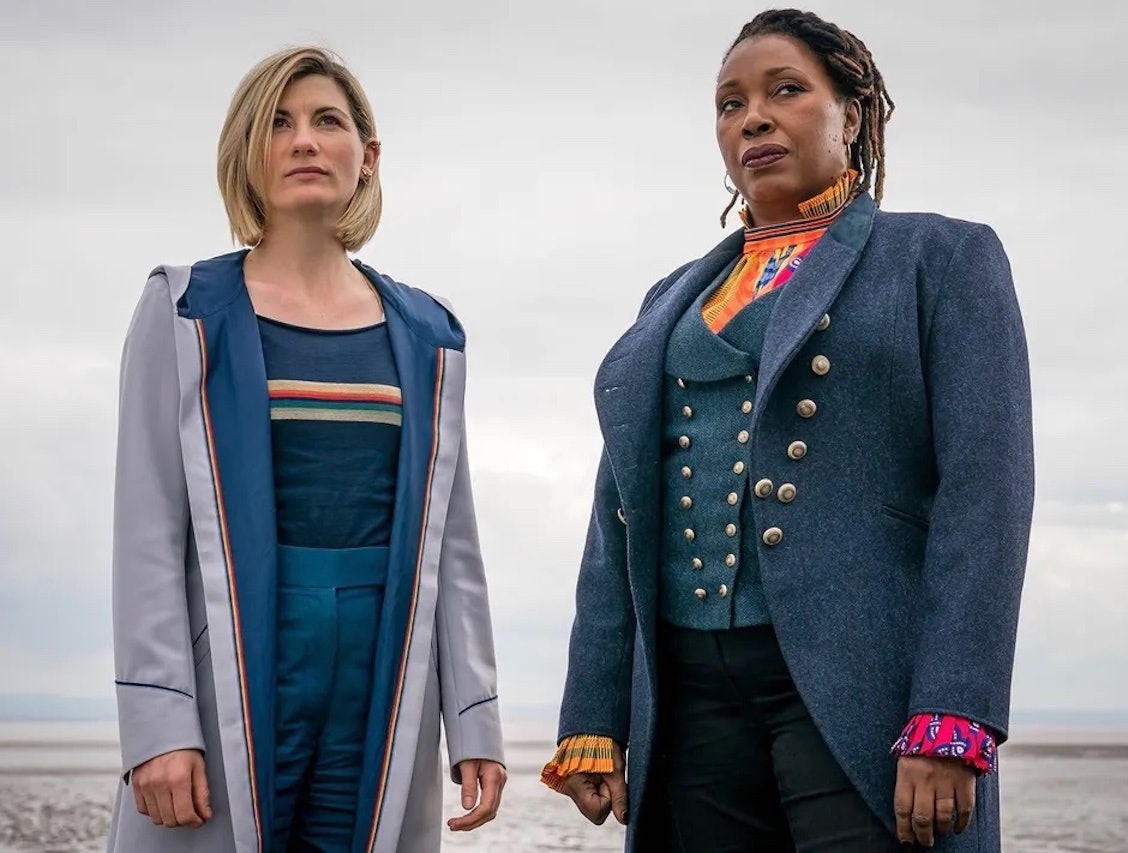
In fact, you could imagine all the spinoffs as starring different Doctors. One of the most tantalizing notions to emerge from the Jodie Whittaker era was the fact that prior to all previous 1963 canon, the Doctor secretly worked for a Time Lord secret agent organization called “The Division.” Jo Martin’s Fugitive Doctor comes from this era, and since we’ve only seen her in a handful of episodes, giving that Doctor her own spinoff seems ideal. Call it Doctor Who: Division, and give the series a darker, grittier tone, while keeping the canon of the regular series intact. Seems like a perfect idea, right?
The point is, as much as some fans might like the idea of a spinoff featuring popular companions like Ace (Sophie Aldred) or a sitcom about Cybermen and Daleks living together with Cassandra The Last Human, the fact is, Doctor Who probably needs the Doctor, even in a spinoff show. The series reminds us that the TARDIS is bigger on the inside, but in order to succeed, the spinoffs probably need to keep the focus a little bit smaller.
Doctor Who currently airs on HBO Max. The series will move to Disney+ sometime in 2023.







